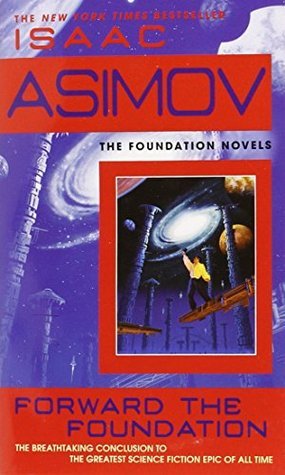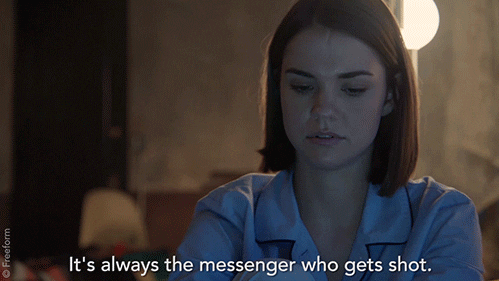What do you think?
Rate this book


464 pages, Paperback
First published April 1, 1993
"Though Isaac Asimov was a remarkable scientific divulgator, we cannot forget that one of the most fascinating cycles of ancient science fiction, i.e. the Foundation series, was born from his pen. Thanks to his work, Asimov can be rightly considered one of the earliest and most direct inspiring of Hari Seldon, the founder of Psichohistory, the science of human behavior reduced to mathematical equations" ENCYCLOPEDIA GALACTICASecond prequel of the Foundation series, the novel takes place on Trantor 8 years after the first prequel Prelude to Foundation. The main character is once again Hari Seldon, committed to the development and practical application of Psychohistory. Despite the time frame of the narration is quite long (basically the entire Seldon's life is narrated in this book), the rythm of events is intensive, and twists and turns are not missing. However, I would now like to make a clarification: my judgment is definitely not objective, 'cause I love Asimov's spying fantasy science and his fascinating theory of spatial colonization.
Vote: 8

"Benchè Isaac Asimov sia stato un notevole divulgatore scientifico, non si può dimenticare che uno dei cicli più affascinanti della fantascienza antica, il ciclo delle fondazioni, sia nato dalla sua penna. Grazie alla sua opera, può essere di diritto annoverato tra i primi e più diretti ispiratori di Hari Seldon, il padre fondatore della psicostoria, la scienza del comportamento umano ridotto ad equazioni matematiche" ENCICLOPEDIA GALATTICASecondo prequel al ciclo delle fondazioni vero e proprio, il romanzo si svolge su Trantor a partire da 8 anni dopo il primo prequel Preludio alla Fondazione. Il protagonista è ancora una volta Hari Seldon, impegnato nello sviluppo e nell'applicazione pratica della Psicostoria. Nonostante l'arco temporale della narrazione sia piuttosto lungo, essendo spalmato per tutta la rimanente vita di Seldon, il ritmo rimane discretamente serrato, e non mancano i colpi di scena. Occorre però fare una precisazione: il mio giudizio è assolutamente non obiettivo, essendo un amante dello spionaggio fantascientifico di Asimov e della sua affascinante teoria della colonizzazione spaziale.
Voto: 8.




